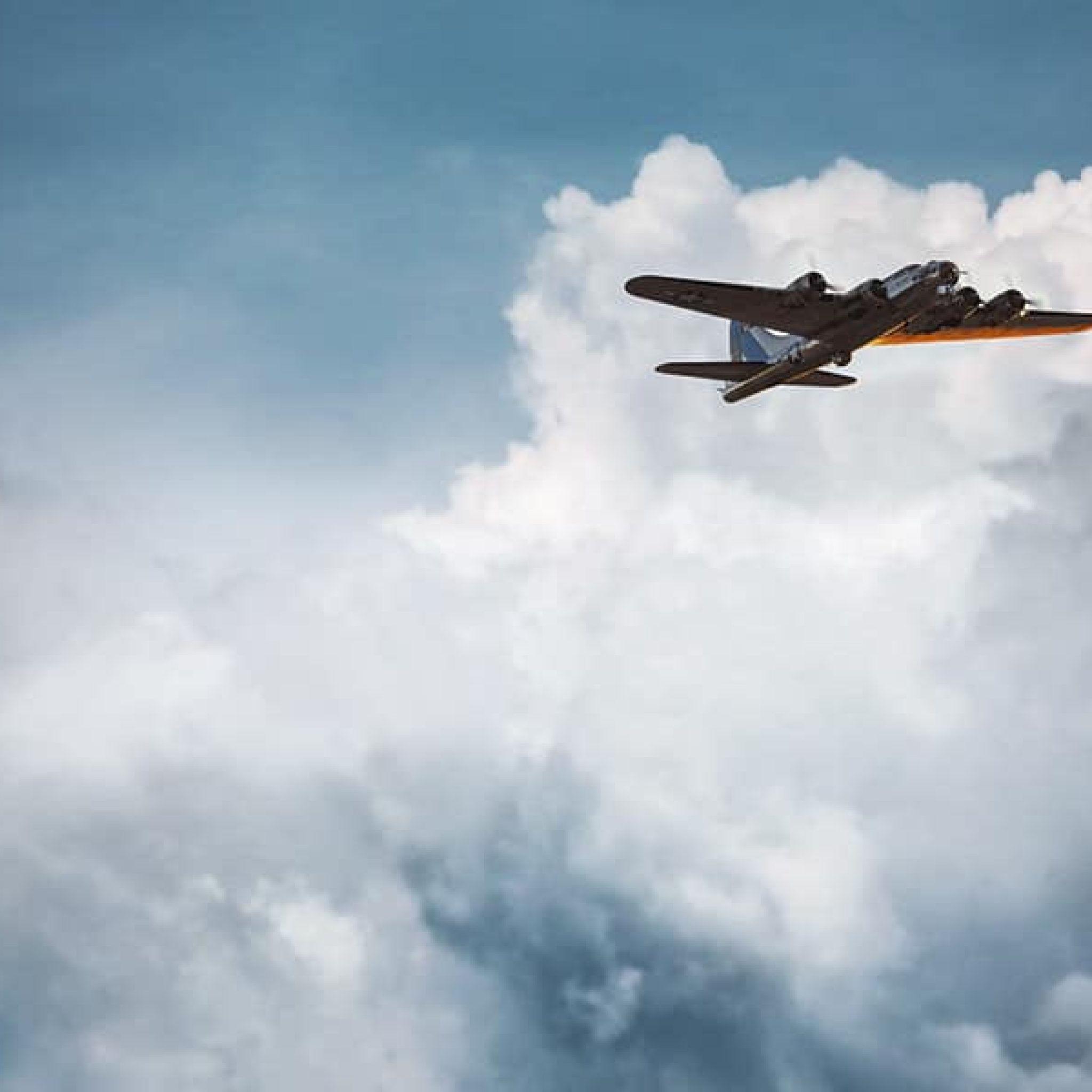A high-flying story
If you want to collect honey, don’t kick the hive.

It is easier to see “the speck in someone else’s eye than the log in one’s own”, or to put it more plainly, to see clearly the mistakes made by others and not so much one’s own.
The story we share below is extracted and based on one of the rules that Dale Carnegie (1888-1955), American businessman and writer and expert in human relations management and effective communication, explains in his book “How to Win Friends and Influence People”.
This is a brief but powerful anecdote that helps us to reflect on the “usefulness” of criticism in our relationships with other people, whether in professional and/or personal environments.
Bob Hoover, a famous test pilot and frequent performer in aviation shows, was once returning home to Los Angeles from one such show that had been held in San Diego. As the accident was described in Flight Operations magazine, at 100 meters altitude both engines suddenly shut down. Thanks to his skill, Hoover managed to land, but the plane was seriously damaged, although none of the occupants were injured.
The first thing Hoover did after the emergency landing was to inspect the fuel tank. As I suspected, the old propeller plane, a relic of World War II, had been loaded with jet fuel instead of the regular gasoline it used.
Upon returning to the airport, he asked to see the mechanic who had taken care of the plane. The young man was terrified by his mistake. Tears ran down her cheeks as she watched Hoover approach. His mistake had resulted in the loss of a very expensive aircraft, and could have caused the loss of three lives.
It is easy to imagine Hoover’s anger. It is possible to imagine the verbal storm that such an oversight could provoke in this precise and superb pilot. But Hoover did not reproach him; he did not even criticize him. Instead, he put his arm around the boy’s shoulders and said:
“To show him that I’m sure he’ll never do it again, I want him to take care of my F-51 tomorrow.”
There is no doubt that the mechanic wanted to do his job to the best of his ability, but he made a mistake that could have been fatal. The pilot, aware of this, did not criticize or scold him, but understood his mistake and was confident that he had learned from his error. That’s why I gave him even more responsibility.
As Carnegie says in this book, “Let us try to imagine why people do what they do. That is far more profitable and more interesting than criticism; and out of it comes sympathy, tolerance and kindness. To know all is to forgive all.”
And so much for this story with which we have shared RULE 1 when dealing with other people:
“Do not criticize, condemn or complain.”
Dale Carnegie
